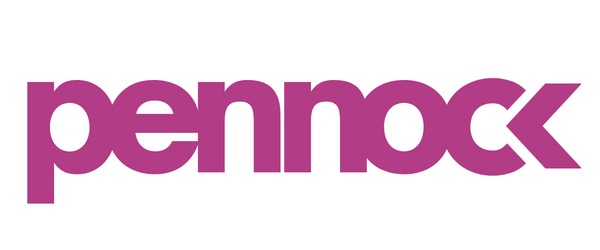Guardrails for a Successful Partnership with a Paid Media Agency
Running a growing business is a lot of work, and there are tons of ideas floating around on how best to accelerate growth. Paid advertising is typically the key to the growth phase of any business. Paid advertising fuels awareness, consideration, and conversion funnels. It compliments PR, influencers, and owned media. And when brands have a buttoned up 360° marketing program, paid advertising can be truly magical!
We recognize that dabbling in paid ads on Facebook and Google is fairly simple these days… but that doesn’t mean you should feel comfortable with just anyone executing paid media for your brand.
In fact, before you decide who manages your paid media, there are a few pieces of data you need to analyze to better understand the lay of the land.
Set clear paid media goals. What are you trying to achieve? It’s it a 25% lift on topline revenue? Is it getting customers who are already familiar with your brand to convert via remarketing? Are you trying to nudge out a competitor who is saturating your core audience?
Know your data. Know your businesses (or industry’s) historical stats around your customer acquisition cost (CAC), return on ad spend (ROAS), percentage of revenue from paid media, customer lifetime value (CLTV), customer path length, and lag time to purchase. While there are many other metrics that help establish business success, these are the main areas a paid media team will need to understand. The datapulls to gain these insights are fairly straightforward. You can access them within the paid media ads platform, Google Analytics, and Shopify.
Establish budgets. Now that you have your goal and understand your data, you’ll want to determine what you are willing to spend on paid media.
Once steps 1 - 3 are complete, you are ready to start conversations with agencies! Here are the expectations we suggest you have when looking to work with an agency:
Industry Knowledge: How knowledgeable is the agency about your product or service offering? Do they understand the needs of your customer? If the agency isn’t grasping what you do or the value you add to your customers during initial conversations, it seems unlikely they are going to know how to tell other people about your business in a way that will resonate.
Bench Strength: How much experience does the agency have? How long have they been around, how many brands have they managed, and how much budget do they manage? Can they run all the paid media channels you are interested in running? Drill into understanding what KPIs they use and how they analyze success of campaigns.
Client Management & Communication: How clear and concise is their communication? Are they thorough in explaining their work and processes? Are they simplifying their process in a digestible manner for you and your team to fully grasp? If you are struggling to make sense of their verbal or written plans, chances are it’s not going to get clearer later. If you have to follow up with them to get the relationship rolling, they may miss your client relationship expectations long term.
Collaboration: How forthcoming are they with bringing you into their community prior to signing the contract? Have they shared examples of their reporting? Given you references to talk with? Have they offered to audit your accounts? This is, afterall, a partnership. They should be hitting the level of transparency and cooperation you are looking for while working to sell you on their business.
Finding the right agency is going to be instrumental in your company’s long term success. And there is nothing worse than realizing 3-months into an agency relationship that the agency you hired isn’t a good fit.
Pennock is a female-led paid media and SEO agency focused on helping DTC and eCommerce brands acquire customers and monetize their businesses. Ask us about our growth, customer acquisition, and scalable ROAS strategies. Being small and nimble, we can go into the details!

